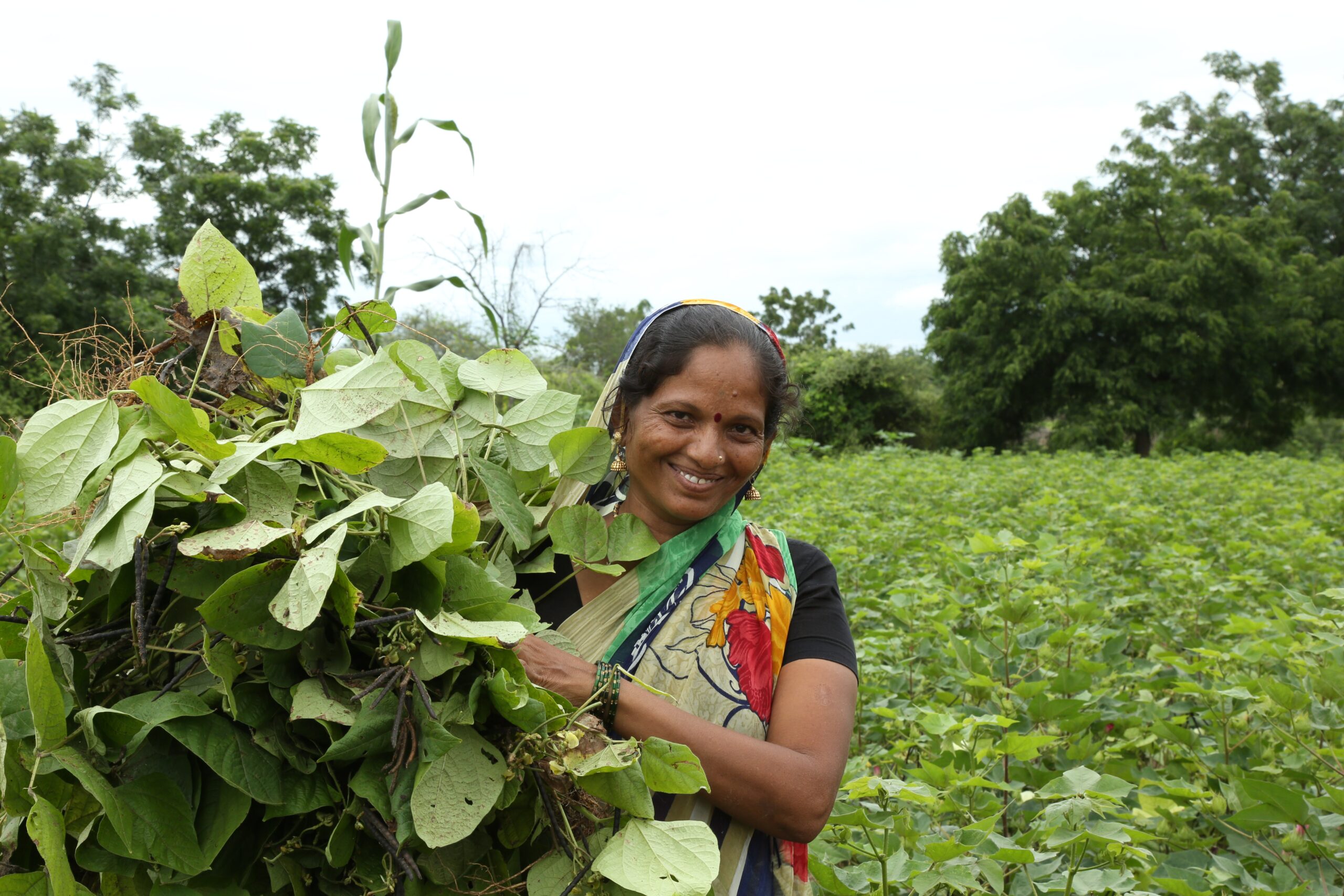Understanding rural households’ conservation attitudes is crucial to achieving biodiversity conservation effectiveness, and one underlying predictor of household conservation attitudes is social trust. This study examined the impact of rural households’ social trust on their ecological protection attitudes based on 922 rural household data around 13 giant panda nature reserves in Shaanxi Province and Sichuan Province, China. The results show that: (1) Social trust has a significant positive impact on rural households’ conservation attitudes. (2) Males’ ecological conservation attitudes are influenced by all the social trust variables, whereas females’ attitudes are influenced mainly by interpersonal trust (trust in neighbors and villagers). The conservation attitudes of households with higher education levels and higher family incomes are mainly affected by trust in government, while those with lower education levels and lower family incomes are more significantly affected by the trust in villagers and village cadres. The above conclusions are helpful to understand the influencing mechanism of rural households’ conservation attitudes and improve the protection effects of nature reserves.





































































































































































































































































































































































































































































































































































































































































































































































































































































































































































































































